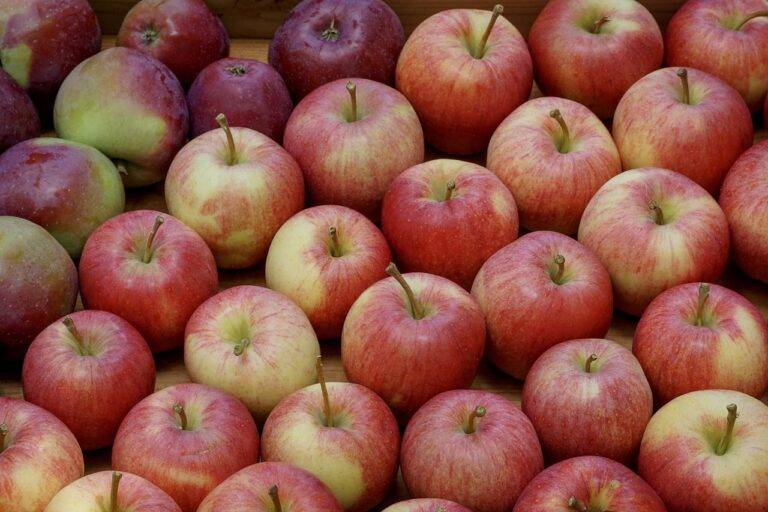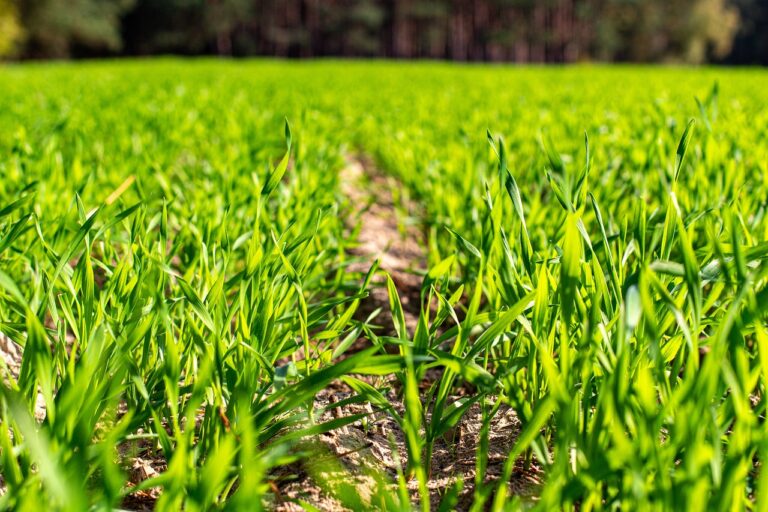Urban Farming: Growing Food in the City
Urban farming offers a range of benefits to individuals, communities, and the environment. One of the key advantages is the ability to produce fresh, organic produce right in the heart of the city. By growing fruits, vegetables, and herbs in urban spaces, residents can access nutritious food that is free from harmful pesticides and chemicals.
Furthermore, urban farming promotes food security by reducing reliance on imported goods and large-scale agricultural operations. When cities cultivate their own food sources, they become more resilient to disruptions in the global food supply chain. Additionally, urban farming can help to lower carbon emissions by decreasing the distance that food travels from farm to table.
Challenges of Growing Food in the City
One major challenge of growing food in the city is limited space. Urban areas are densely populated and often do not have enough land available for traditional farming practices. This constraint forces urban farmers to get creative with their use of space, such as utilizing rooftop gardens, vertical farming techniques, or community gardens in vacant lots.
Another obstacle faced by urban farmers is the issue of pollution. City environments are often filled with air, water, and soil contamination from various sources, including vehicle emissions, industrial activities, and waste disposal. This pollution can negatively impact the quality and safety of the food grown in urban settings, making it essential for urban farmers to implement strategies to mitigate these risks and ensure the health of their crops.







